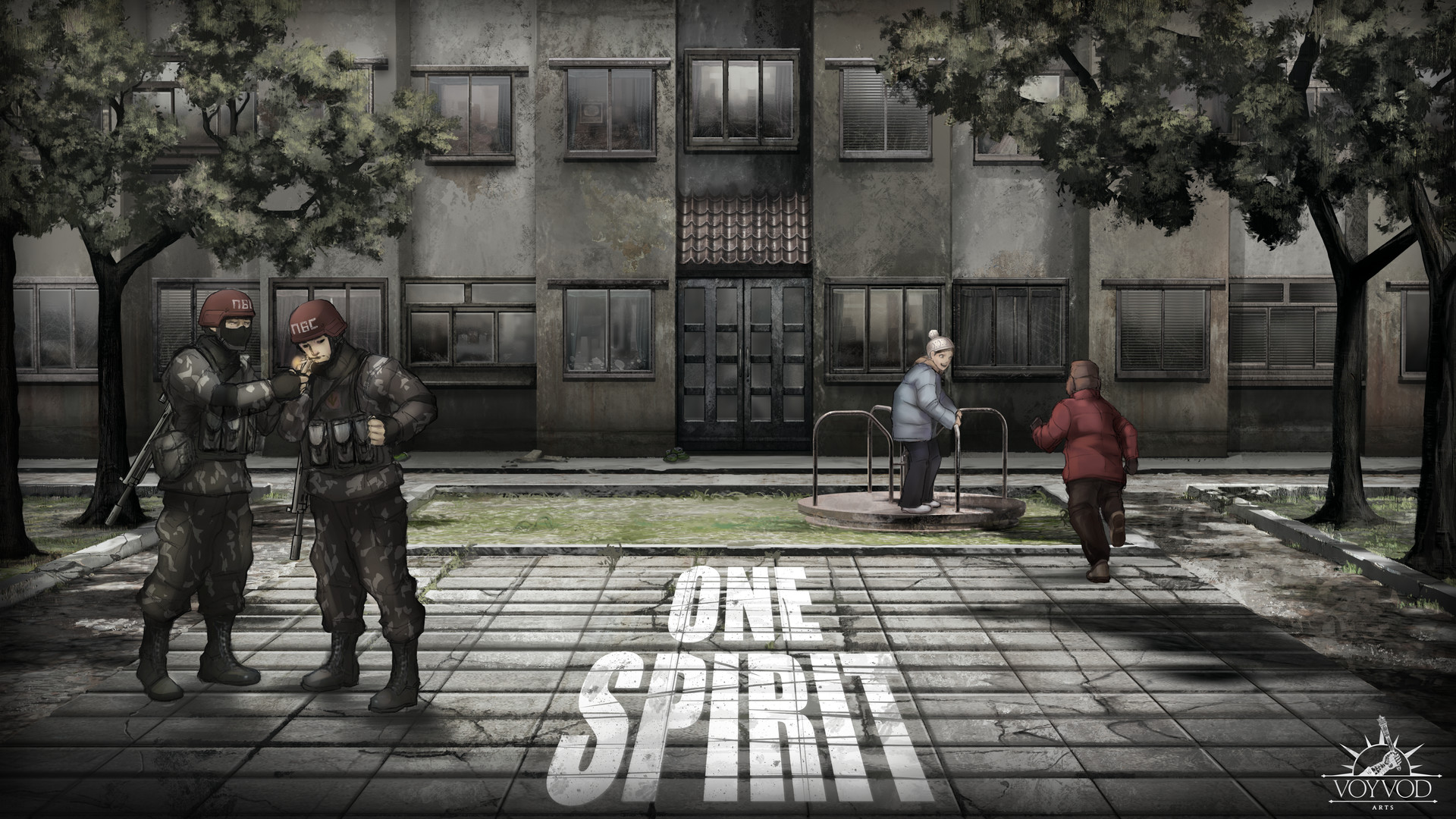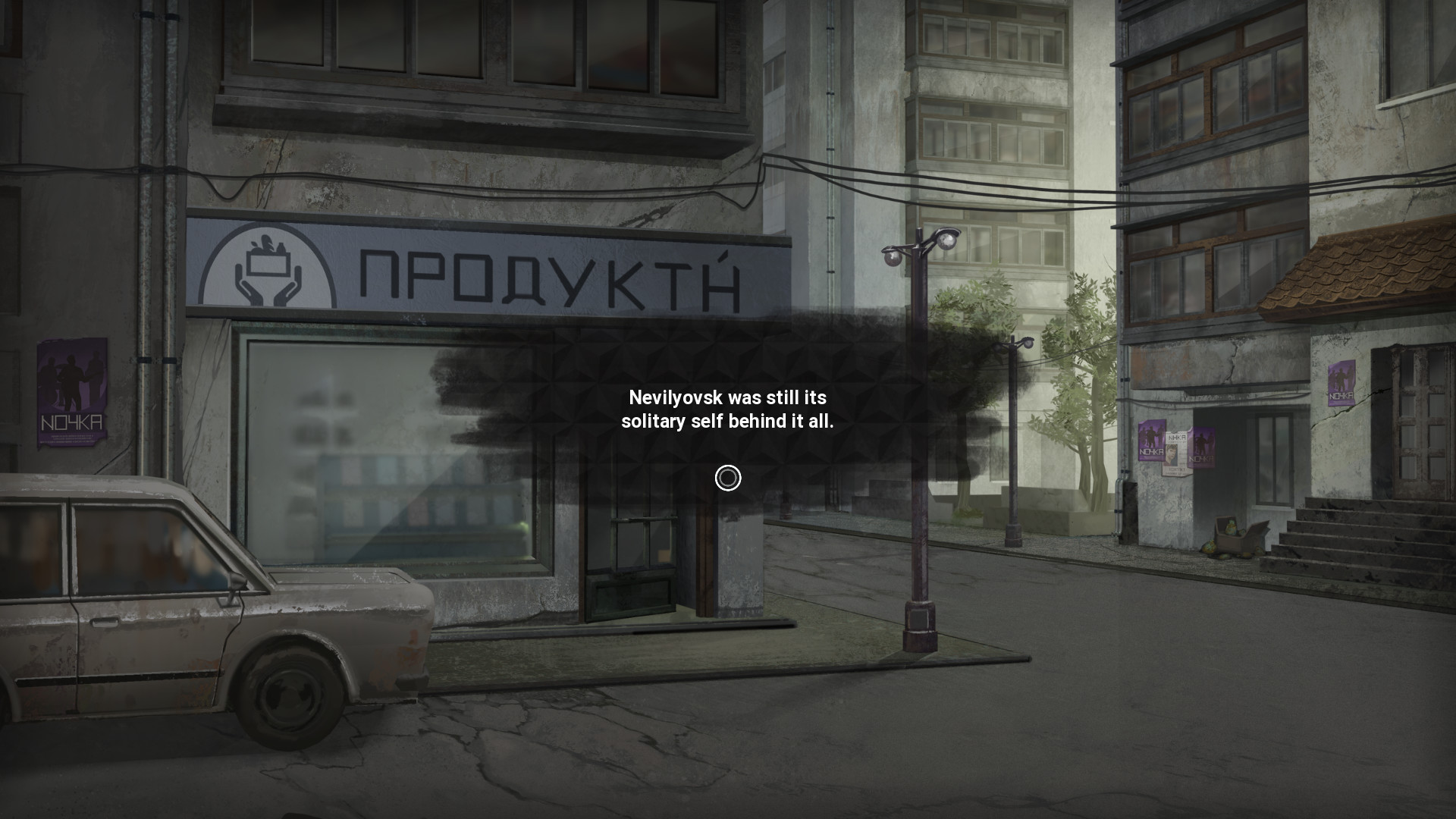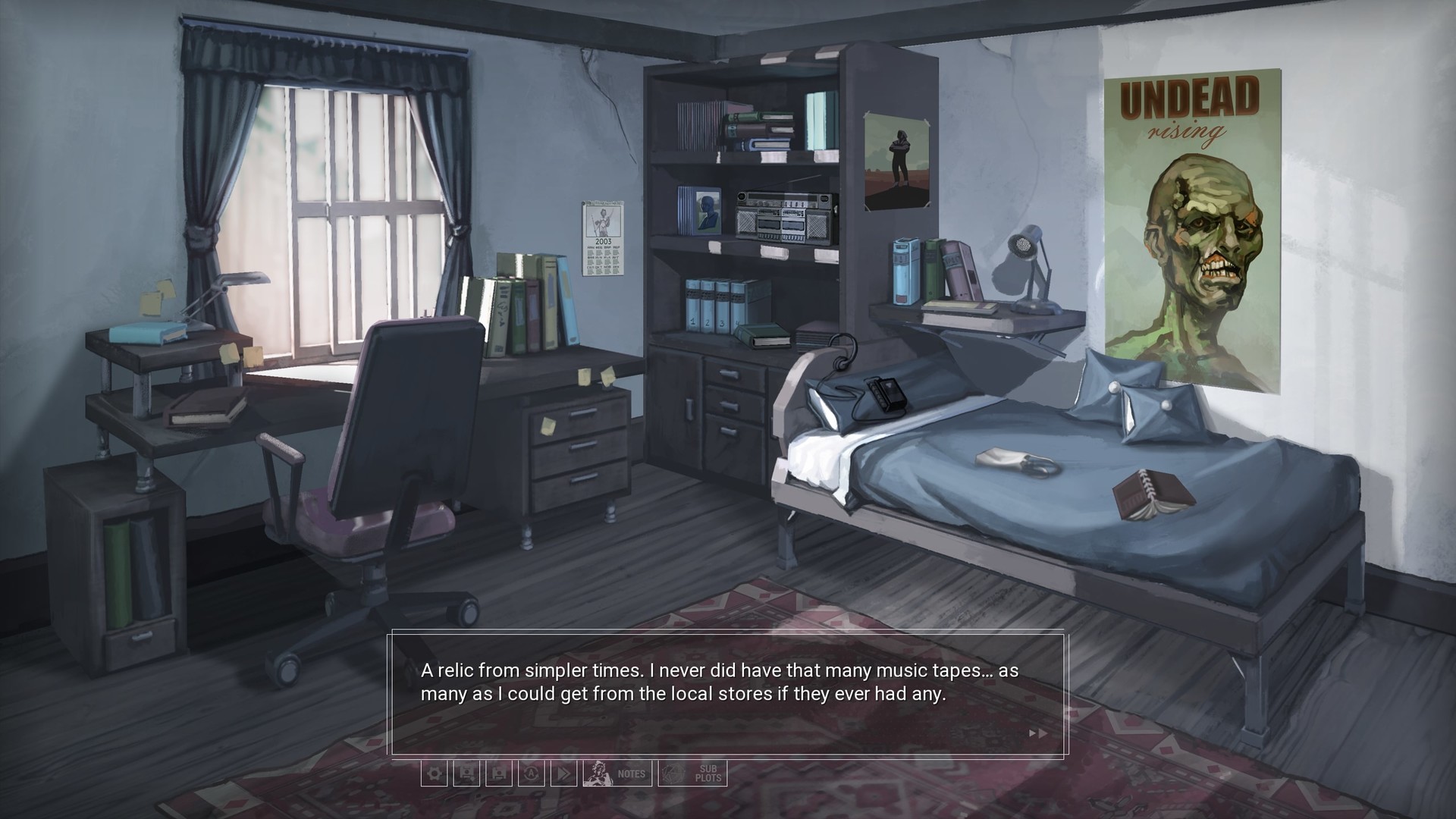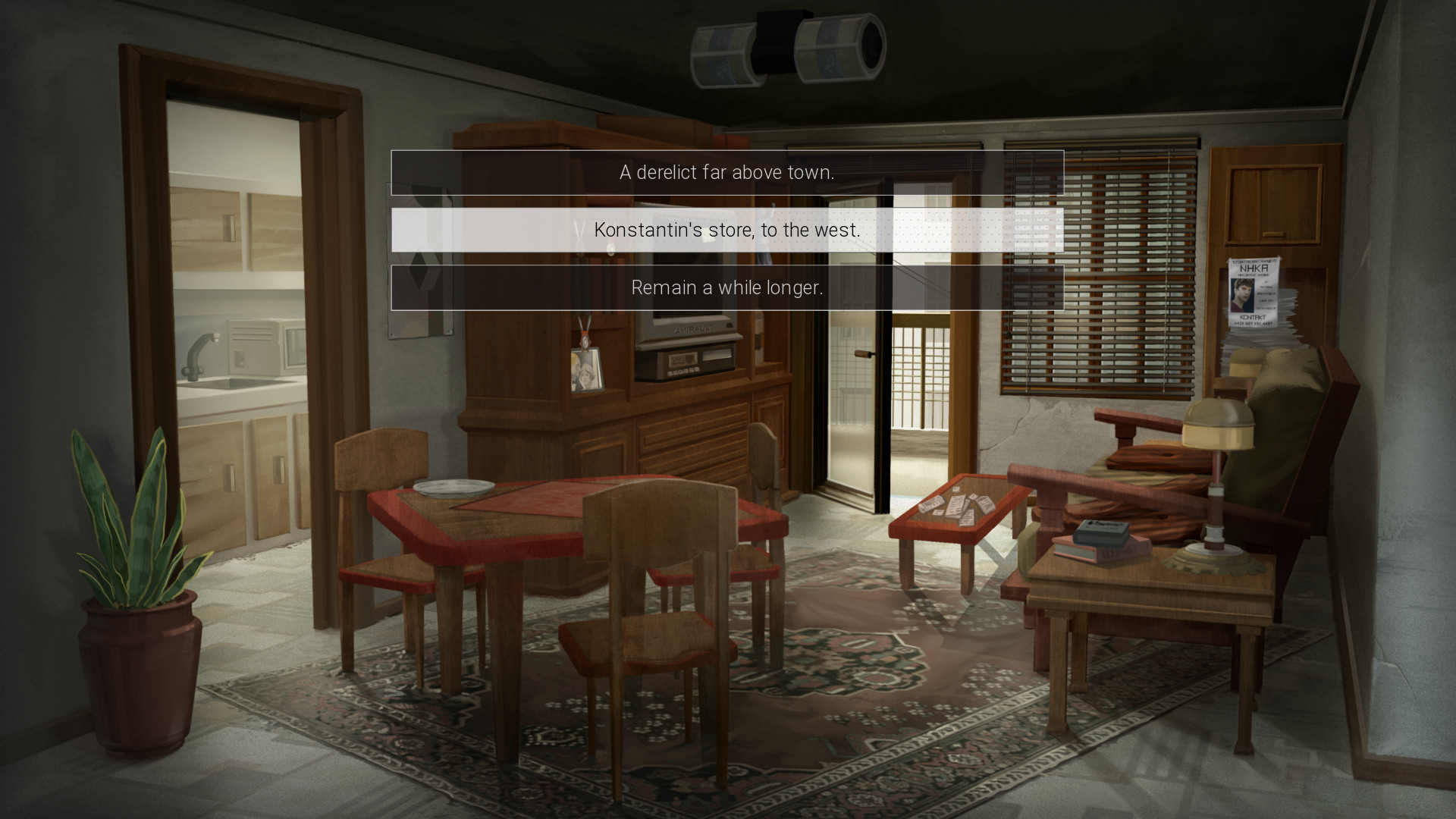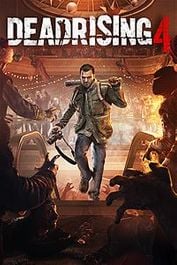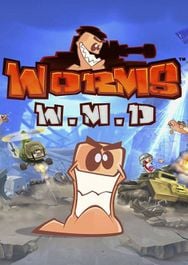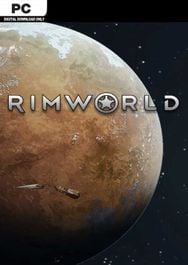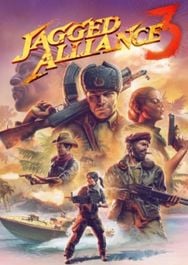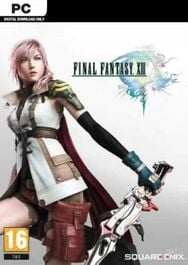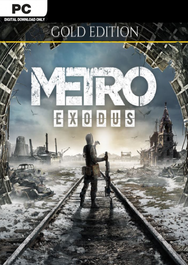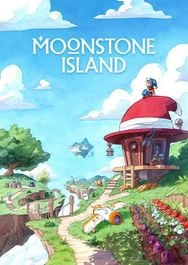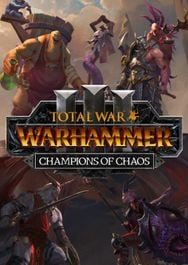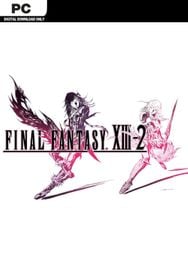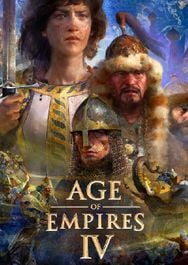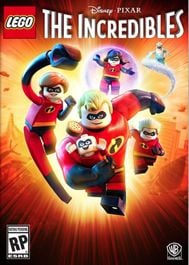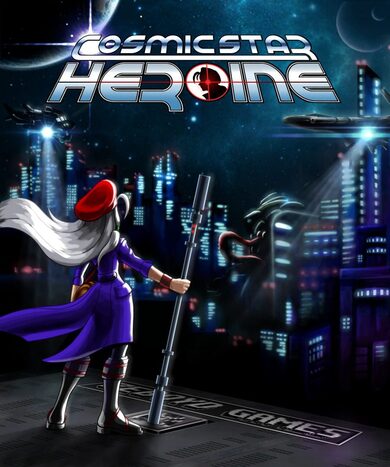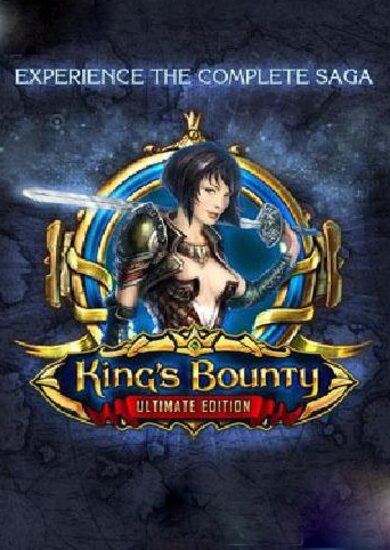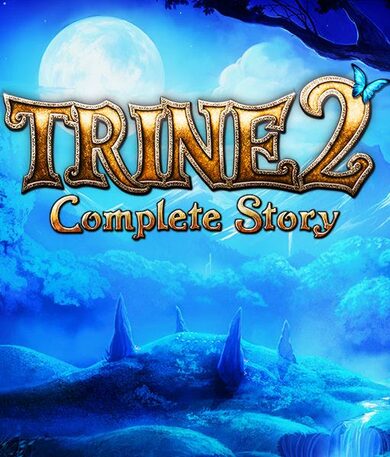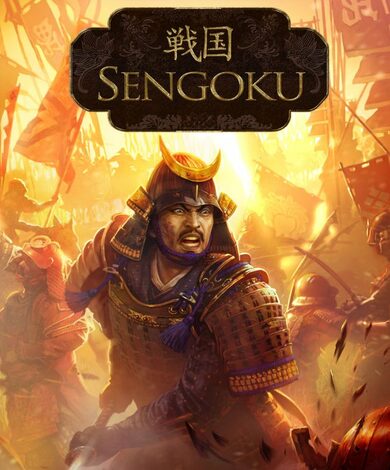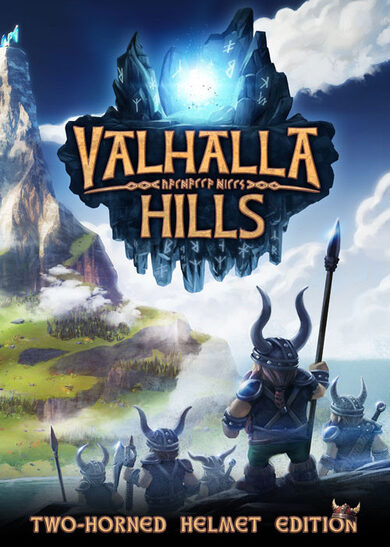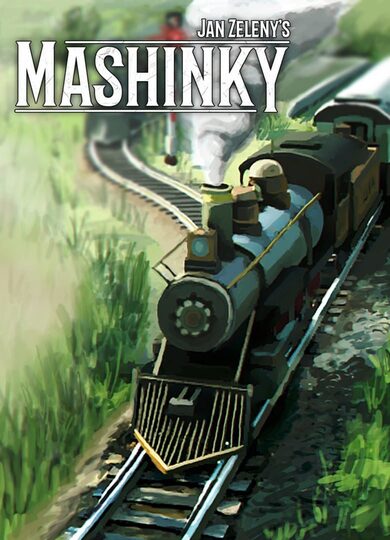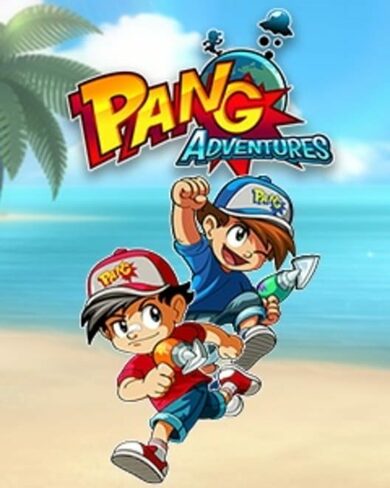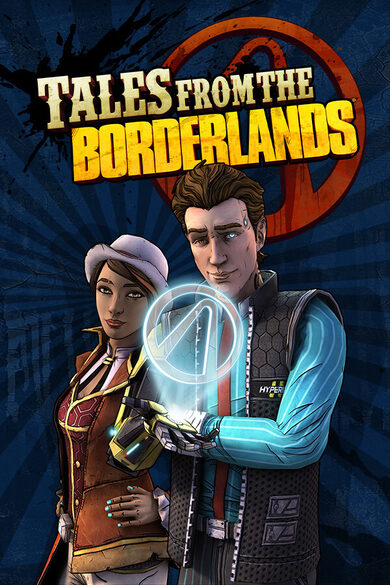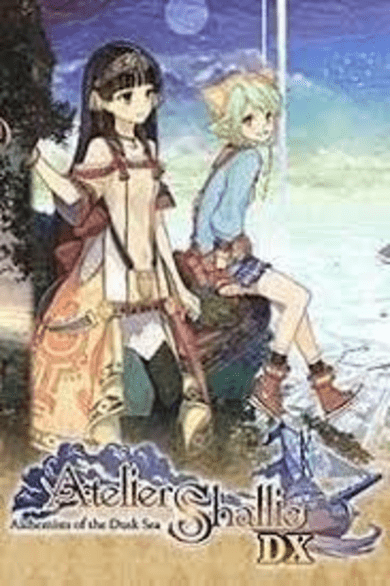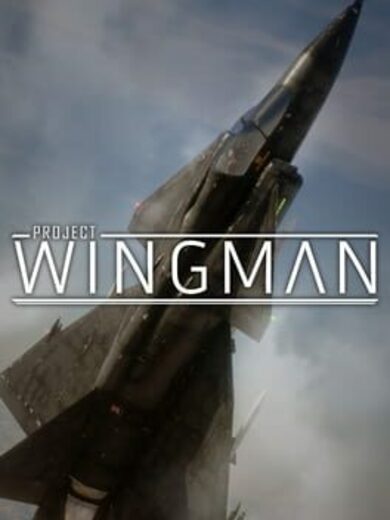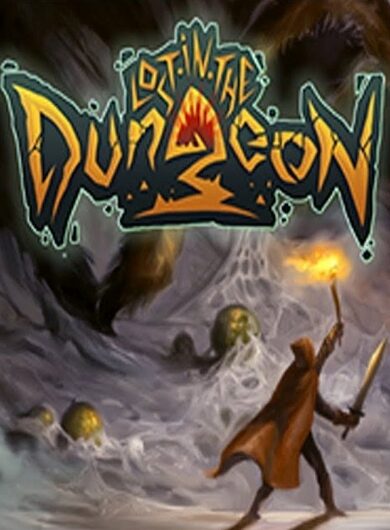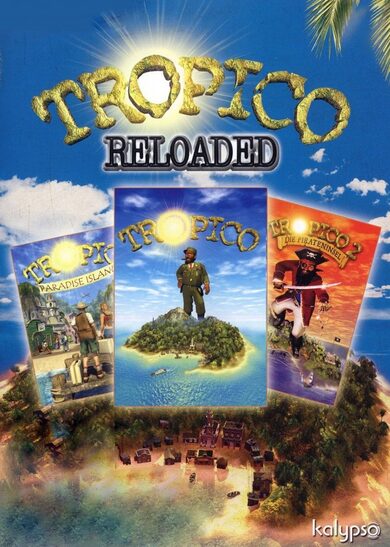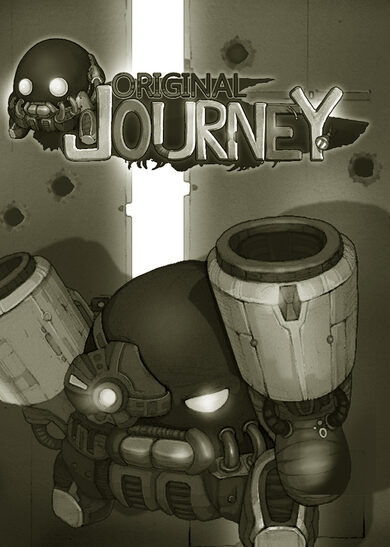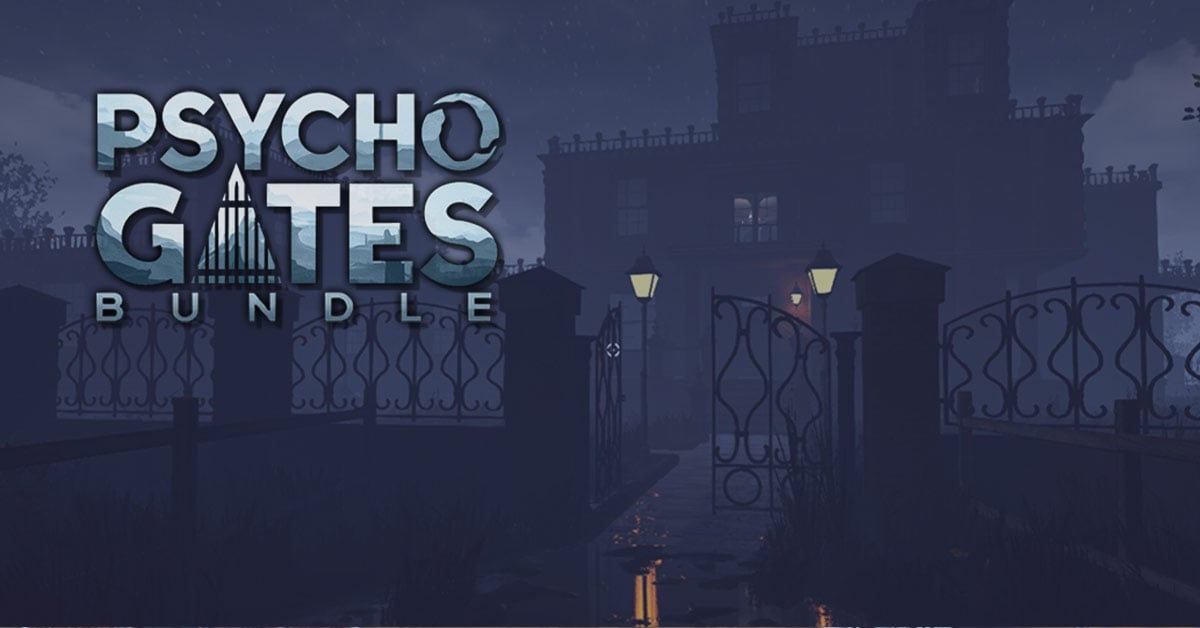
One Spirit is a coming-of-age visual novel set in an alternate timeline where the Cold War drags on into the 21st century. Exploring various political, cultural and philosophical themes, the game presents an engaging, thought-provoking thriller through the eyes of its everyday characters, their struggles and hopes.
In 2003, the Iron Curtain stands tall. The superpowers of the new age wage a silent war through the means of information, economy, culture and proxy. As the Cold War slows to a crawl, the Republic of Sysica, a Western satellite state in Eastern Europe, finds itself on the verge of political death as violence, misery and war loom over its head.
One Spirit follows Yuri Danilin, an 18-year-old young man disenchanted with life, as he returns to his modest hometown in Nevilyovsk, Eastern Sysica. Having failed in his studies at the capital, he reunites with his sister knowing their time apart has changed both permanently. When news of a known local activist disappearing spread through the town, Yuri soon finds himself at the center of a dangerous game of truths.
KEY FEATURES
- Uncover a deep and engaging story, set in an original world where the Iron Curtain hasn't fallen, inspired by real events and reflections on them: experience the bleak feel of a war too long fought.
- See the world through the eyes of an alienated youth — casual but complex personalities set in a path of self-discovery and self-affirmation in a world that has robbed them of a future.
- Delve into six different subplots branching from the main story.
- Every subplot has a unique dynamic you engage with by making choices, efforts and sacrifices. Subplots develop a wide variety of topics stemming from Yuri's fatal years of 2003 and 2004, from the intimacies of friendship to the secrecies of Sysica's ideological underground.
- Decide carefully how to spend your time in Nevilyovsk: days are a limited resource. Your priorities and preferences will increasingly mark your journey.
- Enjoy high choice responsiveness, as the game's slightest details react to your smallest choices.
- Explore over 30 different environments to reveal new details, points of view and events.
- Take part in a philosophical journey about human history, society, struggle and life, with roots in contemporary critical theory, psychoanalysis and existentialism, among other similar and dissident traditions.
- Dive into this grey world through a high-quality art style that evokes the melancholic, nostalgic feel of post-socialist Sysica.
- Explore hours upon hours of worldbuilding detail: a unique Slavic theme, a constructed language, a simulated history and a culture imagined from the ground up.
Originally, in the game's earliest plans, the setting for One Spirit was meant to be a fictional (or fictionalized if real) soviet socialist republic (SSR) integral to the Soviet Union. A trace of these ideas are preserved in Yuri and Lada, who inherit from their father, a Soviet emigr, the patronymic component of their name: thus Yuri Arkadyevich Danilin or Lada Arkadyeva Danilina, despite the fact Sysican naming customs do not allow for patronymics, following instead a more Latin convention for names.
Further, Sysican utilizes a unique variant of Cyrillic, which is historically grounded on the early evolution of Cyrillic in Europe throughout the Middle Ages, from its inception in Bulgarian scholarship and its evangelizing spread to its major institutional reforms. And yet, many of Sysican's stems, verbal norms, syntax... could be more Western, less related to languages like Russian, which the world would quickly associate them to. Because Sysica's history is built from the ground up, it plays, distorts and simulates these bases, and creates something unique for the game's world and feel.
Neither here nor there
These "ambiguities" and "originalities" occur often with Sysica and Sysican. Because both the country and its language contain references, materials and themes that belong to the generality of Slavic tongues and cultures, it has a specific and deliberate sense of "neither here nor there". As a reminder for readers who may be unaware, Slavic languages are usually divided into three categories: Meridional (Serbo-Croatian, Slovenian, Bulgarian, Macedonian...), Western (Czech-Slovak, Sorbian, Polish..) and Eastern (Russian, Rusyn, Ukrainian...). Because one of the main driving principles of Slavistics is, in fact, language, Slavic peoples as a whole are categorized nearly following this exact division.
Sysica's location is undisclosable; not only because there's a certain fun in guessing and speculating, but also due to the fact a specific placement would break geographic consistency. We leave it to the players, especially speakers of Slavic languages to read into its language, and imagine where on a map it could lie. It is designed to allow for rather accurate pinpointing, actually, and those with knowledge of the evolution of Slavic languages past Common Slavic may see right through it. Other hints are also elsewhere in the lore and culture, of course.
For this reason, we won't be disclosing too much information on stems, grammar, orthography pronunciation... Don't worry, though, there's other info to know!

Sysican and its close neighbours
Sysican is itself a Slavic language, much like the ethnicity often labeled "Sysican" is seen as Slavic as well. See the general region of Greater Sysica, not to be confused with the state modernly called Sysica:

Once upon a time, all these territories were simply called "Sysica". The only states where Sysican is recognized as an official language besides the Republic of Sysica are CSR Zatsela and the Republic of the Vyr. In the former, "Zatselan" is a common name for their dialect, though social debate has often surrounded this question; while philology leans towards affirming Zatselan and Sysican are contextual names for the same language, popular attitudes can differ, especially in the scope of Zatsela's regionalist and secessionist troubles. The Republic of the Vyr (named so purely after the river Vyr) has never had a concrete national identity so to speak, and was splintered from Sysica during the Territorial Commission for the Sysican Lands of 1946 - 1948. Behind Western interests here, the Vyr was to be a neutral outpost: a "watcher state". In terms of national sentiment, they feel the closest to Sysican language and culture.
The Kuralin Autonomy, a territory that has an ethnic majority of Sysicans, does not have the legal power to declare official languages, and Sysican has been historically repressed in the territories of urak. Worth noting is that uraki is the only widely-spoken, non-Sysican, non-Slavic language in the region. Other Slavic languages include Votsny, spoken in Votsgorod, and Dereg-Kodmian, spoken in Dereginsk. These diverge more strongly from modern Sysican, and take a greater resemblance to Eastern Slavic languages.
Sysican and its far neighbours
Russian, Ukrainian or Belarusian speakers will be quick to realize Sysican is not a funny mistyping of their languages. We actually had someone fall for it anyway:

One could scratch their head figuring out why it says "produktn".
The I//N/H matter actually has a historical aspect worth mentioning: during the early-to-mid stages of Medieval Cyrillic, various Slavic languages (of which Russian is an example) has orthographic ambiguities about how to represent the sounds we largely associate them with today. In the case of Russian, this was resolved by assigning H to N, but this is in fact rather curious considering H itself comes from Greek eta (/) and was by then beginning to be associated with an /i/-like sound (itacism). This means Sysican actually evolved closer to the Greek alphabet by maintaining H as an "ee" kind of sound. As for , it was consistently used in many variants for a while [centuries], but was by the late 19th century phased out by the first orthographic reforms, which sought to synthesize Latin and Graeco-Cyrillic characters. Thus, "N" came to be, though the little diagonal line isn't perfectly diagonal (this is indeed the legacy of Cyrillic, though Sysican people, when writing by hand, will often write a Latin N.)
itself does not exist in the Sysican alphabet, and the closest thing available is H', which I can't quite type here. The sound represents in Russian doesn't exist in all dialects of Sysican, either. H' is what a Russian would kind of understand as or . H', unlike H, is quite ambiguous in Sysican and dialects often make it what they will.
Many reforms in Sysican language have tried to actually guide the language _away_ from Russian. Sysica is, for various historical reasons, largely hesitant to Russian influence and what's not.
... on this note, it was indeed during the Levitov Government in Sysica (1964 - 1985) that Russian was phased out of schools in favour of English and French. This was done despite the fact the USSR was the main place to emigrate for jobs or education in 60s and 70s Sysica.
What's the most offensive thing I can say in Sysican?
Reciting virtually any Sysican nationalist slogan anywhere beyond Sysica will be perceived as a far, far greater offense than any instance of dzivkot ever could.
[ 6371 ]
[ 6583 ]
[ 3327 ]
[ 2497 ]
[ 1732 ]
[ 1040 ]
[ 32822 ]
[ 955 ]
[ 45577 ]

